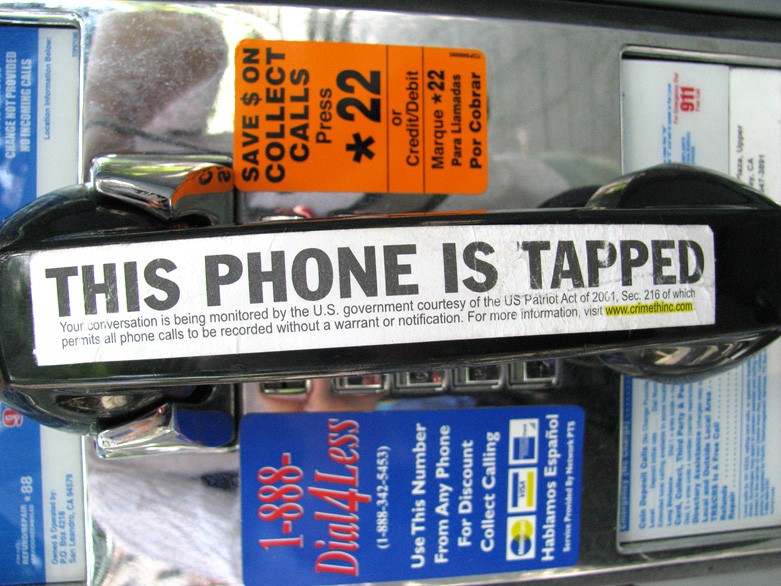
More Warrantless Wiretapping from the U.S. Government
Talk about a crappy present. Before the holidays we warned you that Congress was about to hand us a lump of coal in the form of the FISA Amendments Act.
Well, Merry Christmas and a happy New Year! You got your coal.
Just three days before the end of the year — and right before it reconvened to take us off the fiscal cliff — Congress pushed through a reauthorization of FISA, otherwise known as the Foreign Intelligence Surveillance Act. The bill — which President Obama subsequently signed into law — extends the National Security Agency's warrantless wiretapping program for another five years.
The original FISA Amendments Act sanctioned the Bush Administration's illegal scheme in which companies like AT&T and Verizon handed over records of domestic phone calls and Internet activity to the NSA without letting us in on the secret.
In late 2012, Sen. Ron Wyden led a small bipartisan group of senators in trying to slow down the march to reauthorization. The Obama administration was pressuring Congress to pass the bill swiftly, but Sen. Wyden and others introduced amendments designed to shine more sunlight on the program and protect the privacy rights of U.S. Internet users.
In the end, those amendments failed to gather enough support and the vote was rushed through.
Is this disappointing? Yes. Surprising? Not so much, considering Congress’ track record of uncritical support for bills purporting to enhance national security.
You may remember the Cyber Intelligence Sharing and Protection Act (CISPA), which promised to improve national security in exchange for removing privacy protections. CISPA inspired a big online protest but still passed in the House. Similar measures stalled in the Senate, thanks in part to a wave of grassroots opposition.
CISPA would have done a lot of the same things as the recent FISA reauthorization, and made it legal for companies like Facebook and Google to share our online searches, private messages and emails with the government.
CISPA, or something like it, will be back in 2013. The national security establishment insists that it needs to hoover up all of our online info to protect us from terrorism and other threats.
Whether or not there’s a legitimate concern at stake, we can't allow our online freedoms to be compromised in the name of state security. We'll have to regroup in 2017, when FISA comes up for its next reauthorization. In the meantime, we must be prepared to fight for our online rights when new cybersecurity legislation inevitably pops up later this year.
If you care about privacy rights, please consider a donation to the Free Press Action Fund.